How to make cinnamon oil for cleaning – and 5 areas of the home you can put it to work
There's 2 easy ways to make it
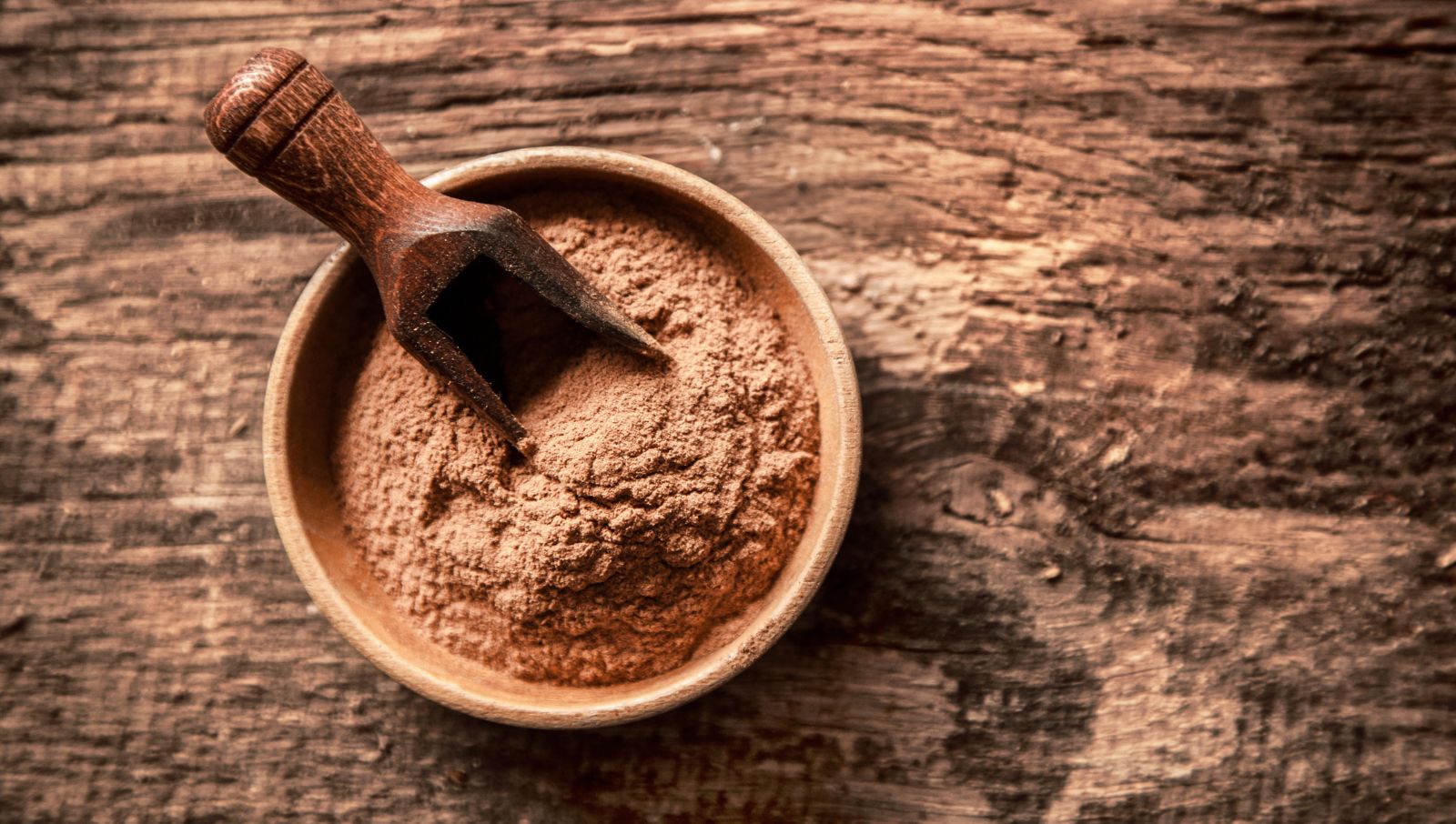

Punteha van Terheyden
Cinnamon oil is a remarkable natural cleaning option, known for its powerful antibacterial, anti-fungal, and antiviral properties. It's not only effective but also a joy to use for cleaning at home, leaving a pleasant aroma behind.
I'm a professional cleaner and love using cinnamon oil for various household tasks. Here, I've detailed the two ways you can make it, and the five cleaning tasks you can use cinnamon oil for.
Plus, I' will detail the precautions to keep in mind to ensure this natural DIY cleaning solution is used without negative outcomes in your home.
How to make DIY cinnamon oil for cleaning
I've been a professional cleaner and operations manager at Spekless for years, and love using natural cleaning solutions for easy, effective, non-toxic sprucing up around the home.
Cinnamon oil smells great, and its natural properties make it a brilliant choice for home cleaning. It can be made at home using two methods: hot infusion and cold infusion. Both are straightforward and result in a versatile oil that can be used for various cleaning tasks.
1. Hot infusion method for making cinnamon oil
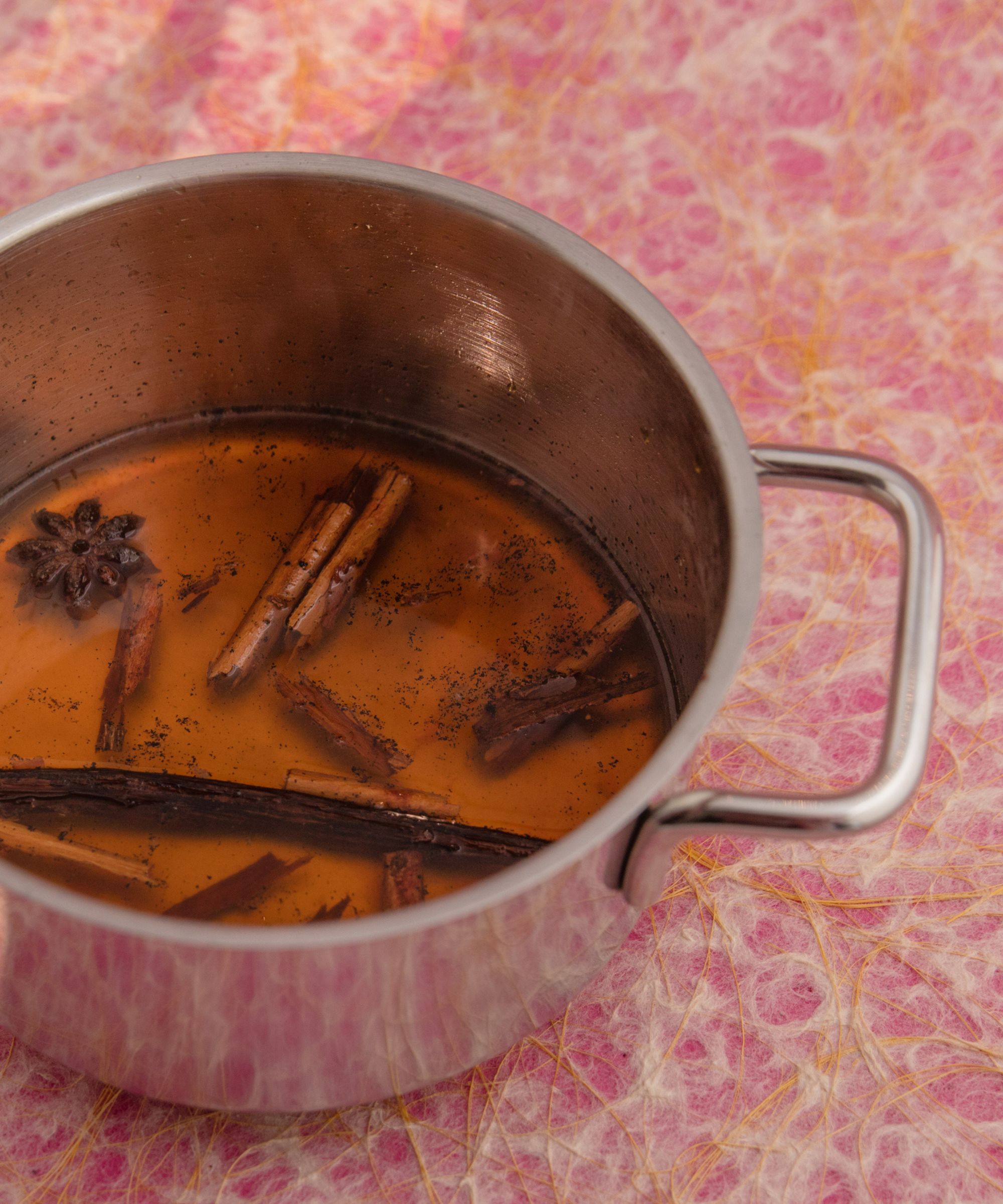
You will need:
- Four or five cinnamon sticks, or two tablespoons of ground cinnamon.
- 1 cup of a neutral carrier oil like olive oil, fractionated coconut oil, or grape-seed oil.
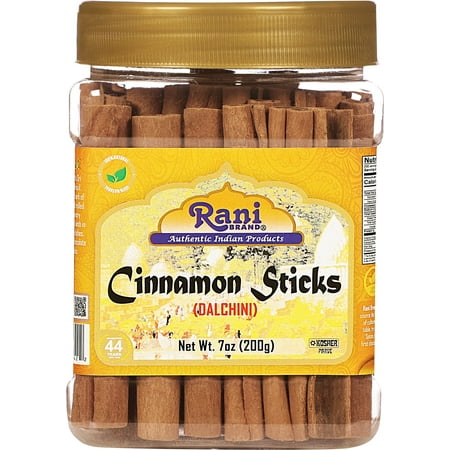
Head of Solved Punteha uses cinnamon in cooking, tea and for cleaning oils. She says, 'I keep mine in an air tight jar so the scent doesn't ebb away between uses.'
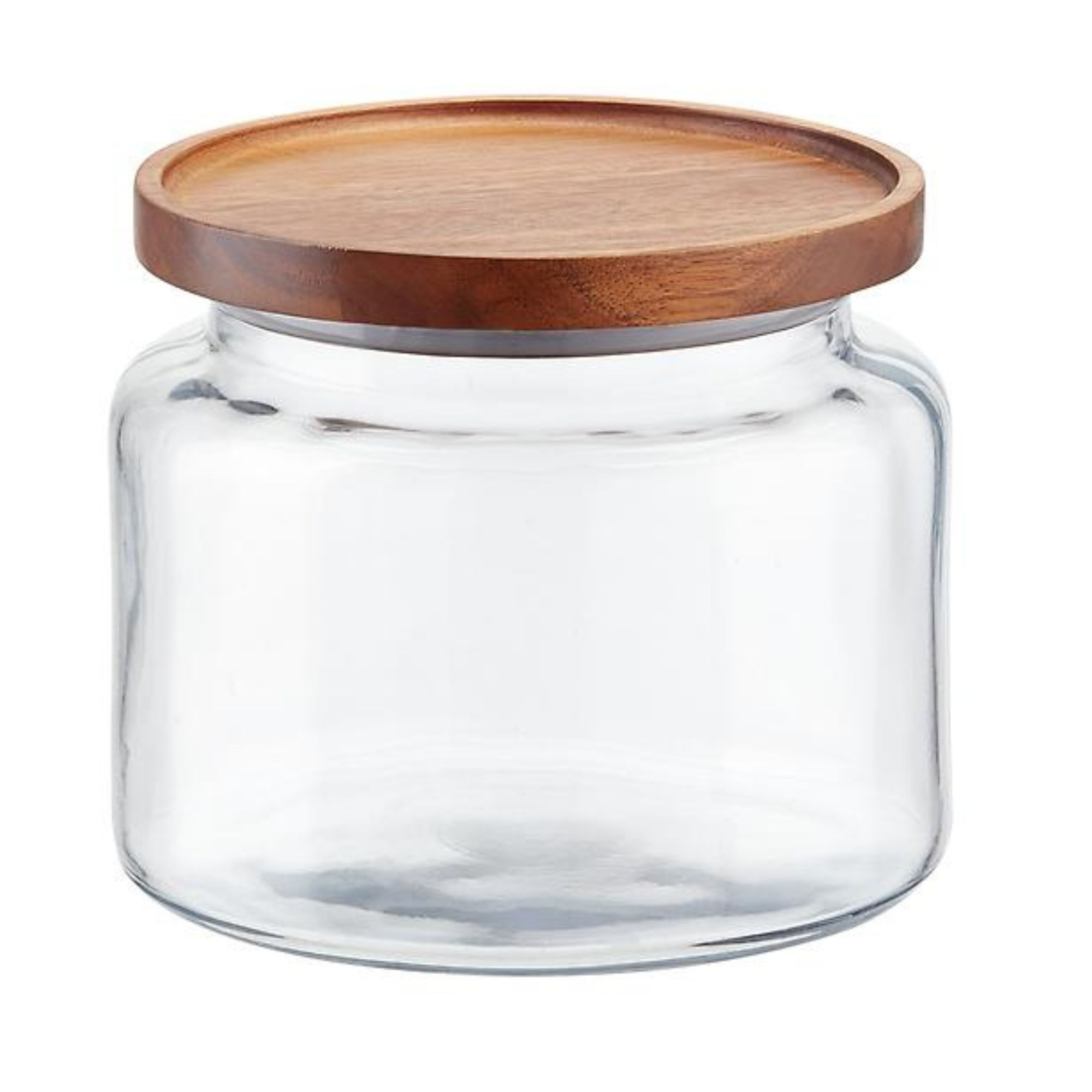
A wide-mouthed glass jar with air tight lid is perfect for storing cinnamon sticks in your pantry. Keep it out of natural light and away from heat sources.
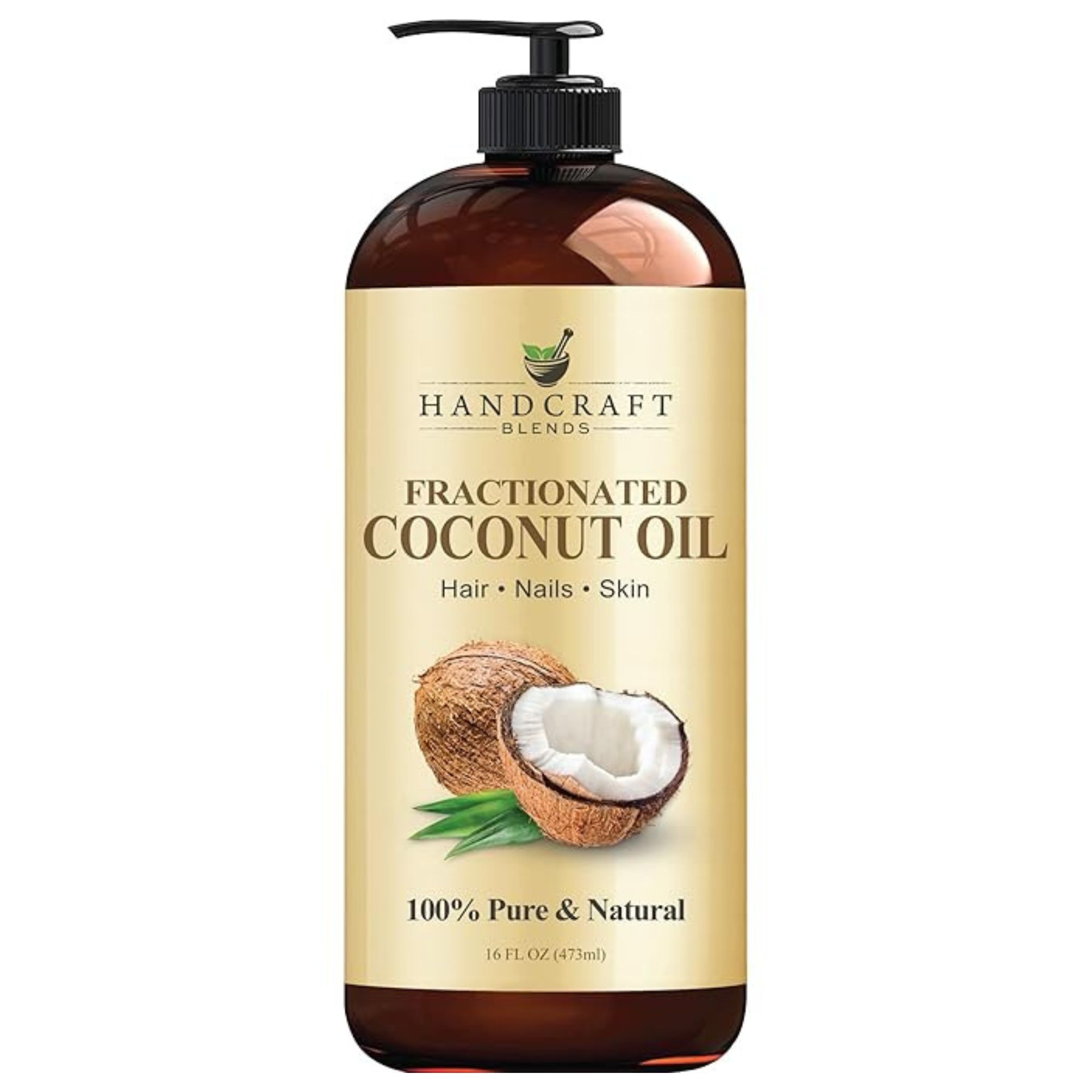
It's 100% pure and has so many uses around the home. Use it as a carrier oil for your cinnamon cleaning oil, add a few drops of essential oil to it and dab on cotton wool for easy custom home fragrance in your bathrooms or hallway.
Using this hot infusion method works well because the gentle heat allows the essential oils in the cinnamon to infuse into the carrier oil more quickly, creating a potent, aromatic cleaning solution.
The steps you'll need for making cinnamon oil via hot infusion:
- Place the cinnamon sticks or ground cinnamon into a small saucepan.
- Pour the carrier oil over the cinnamon, ensuring it is fully submerged.
- Heat the mixture on the lowest possible setting for 2-3 hours, stirring occasionally to prevent the cinnamon from burning.
- Strain the oil through a cheesecloth or fine mesh sieve into a dark glass bottle.
- Store in a cool, dark place for up to six months.
2. Cold infusion method for making cinnamon oil for cleaning
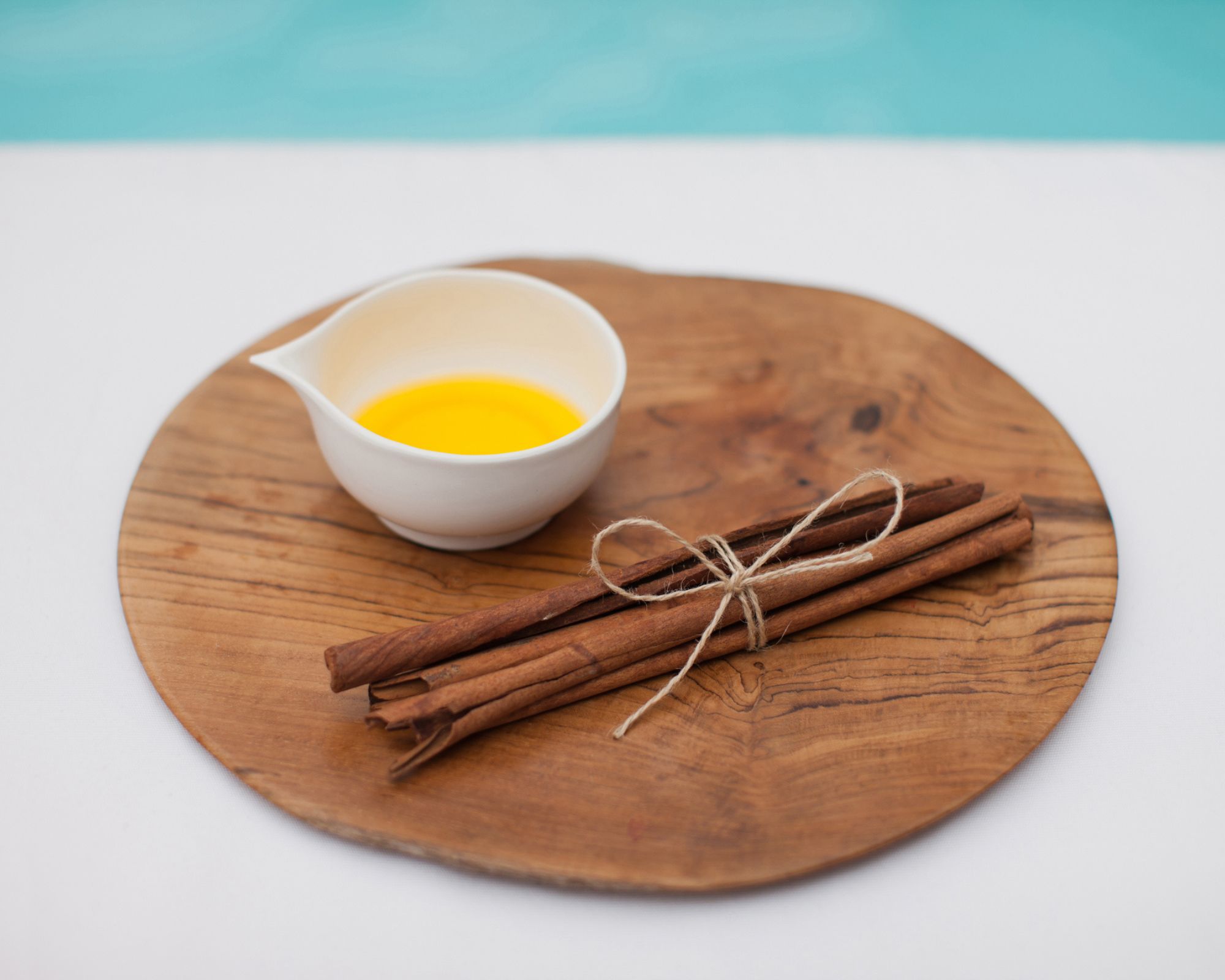
The ingredients are the same as for the hot infusion method. This method takes longer but avoids heat, which may slightly degrade some of the cinnamon’s natural compounds.
- Add cinnamon sticks to a clean glass jar.
- Pour the carrier oil over the sticks, ensuring they are fully submerged.
- Seal the jar tightly and place it in a warm, sunny location for 2-3 weeks. Shake the jar daily to aid the infusion process.
- After three weeks, strain the oil and transfer it to a dark glass bottle.
How to use cinnamon oil for cleaning at home
Cinnamon oil is a natural disinfectant, highly effective against bacteria, fungi, and viruses, making it a safe alternative to chemical cleaners. It also smells nice, with its warm spicy scent and can make your cleaning routine feel more enjoyable and leave your home smelling inviting.
It's versatility, as detailed below, also means it can be used on various surfaces, from countertops to carpets, making it a multi functional cleaning solution.
1. All-purpose surface cleaner
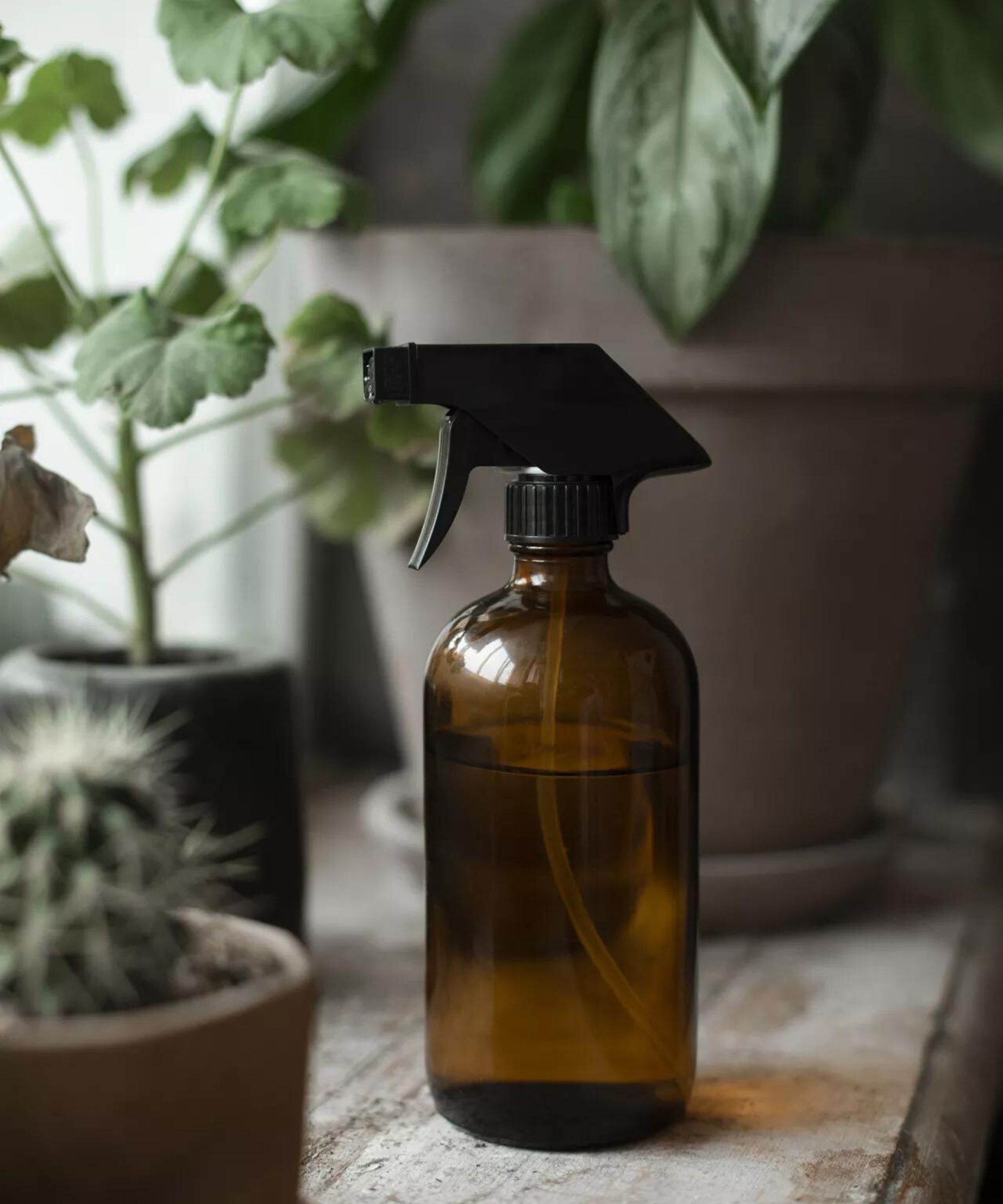
You can now use your cinnamon oil as an all purpose surface cleaner. Mix 10-15 drops of your cinnamon oil with one cup of water and a half cup of white vinegar in a spray bottle. Shake well before each use.
Cinnamon oil’s antibacterial properties help eliminate germs, while vinegar cuts through grime.
You can spray your cinnamon cleaning spray mix onto countertops, tables, or sinks and wipe with a clean cloth.
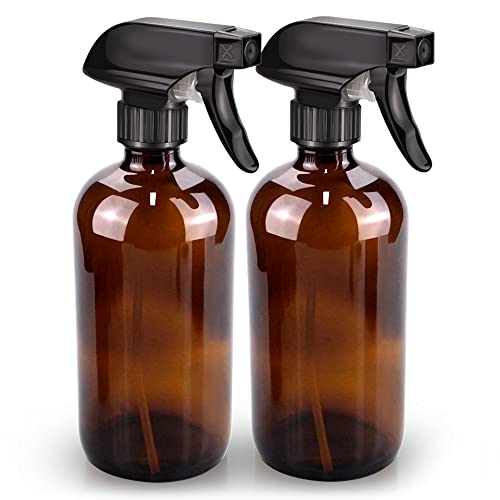
This two pack will come in handy for your homemade cleaning sprays. Punteha van Terheyden uses these all over her home to store her DIY sprays, including one with essential oil, which is great for cleaning stainless steel.
2. Deodorizer for carpets and rugs

Mix five drops of your cinnamon oil with one cup of baking soda. Sprinkle the mixture over carpets or rugs, let it sit for 15-20 minutes, then vacuum thoroughly.
Baking soda is one of the best deodorizers to use around your home as it absorbs odors like magic, while your cinnamon oil will leave behind a fresh, spicy scent and helps reduce bacteria.
Learn more ways to deodorize your carpet.

Baking soda has many uses around the home from cleaning to cooking and is brilliant for deodorizing. Leave an open box in your fridge to capture smells, or use it as a gentle abrasive for cleaning – it even works on stubborn scorch marks.
3. Air freshener and pest deterrent
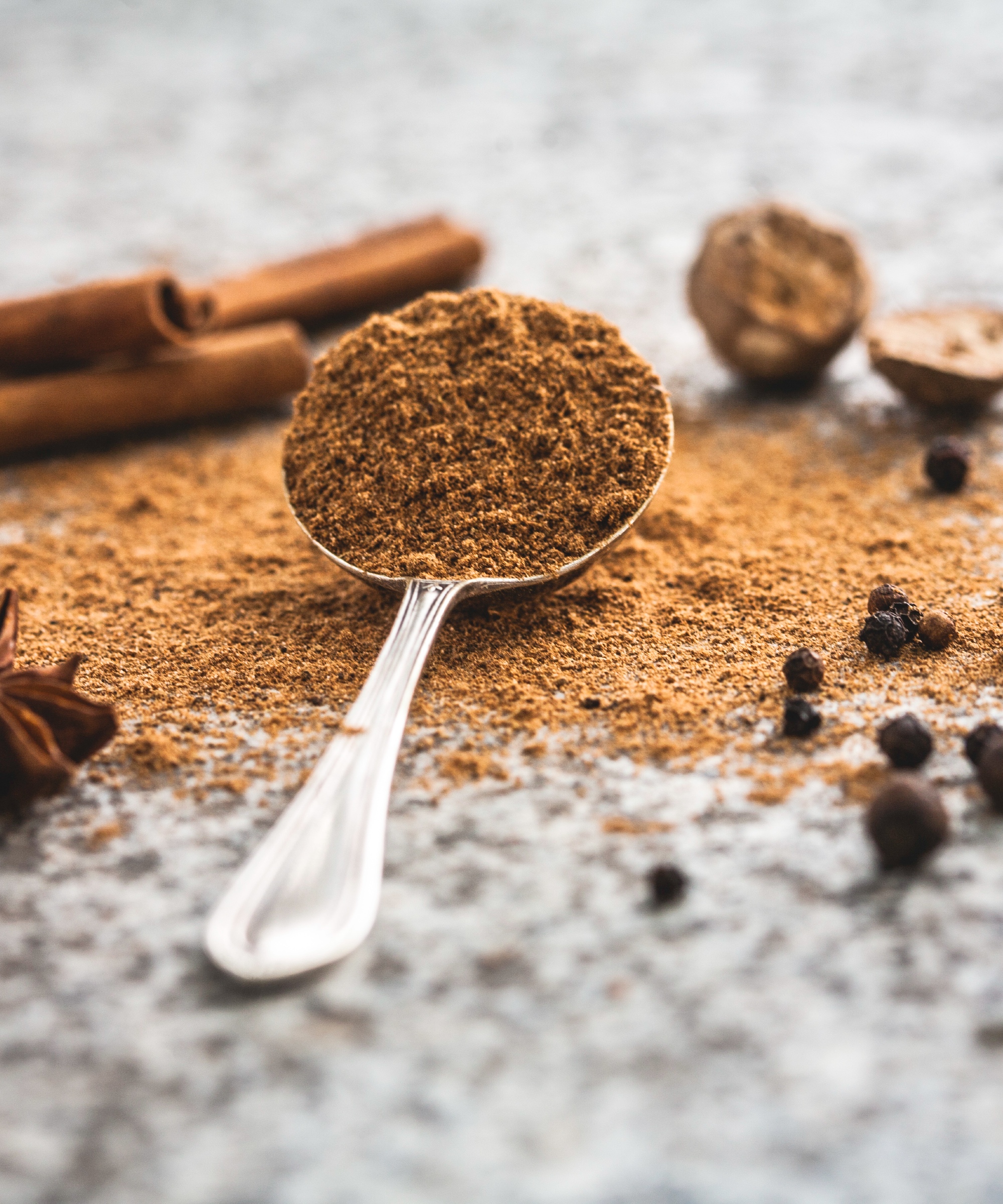
Combine 10 drops of cinnamon oil with one cup of distilled water and one tablespoon of rubbing alcohol, available at Amazon, in a spray bottle. Shake well and spritz in areas where you want to refresh the air or deter pests.
Cinnamon oil’s aroma neutralizes odors and is a natural deterrent for ants, spiders, and other pests.
Learn more about the ways you can clean with rubbing alcohol around the home, and other natural pest control methods you can try.
4. Mold and mildew cleaner

Cinnamon oil’s anti-fungal properties help inhibit mold growth while leaving behind a pleasant scent.
Mix one tablespoon of your cinnamon oil with two cups of water. Spray onto areas affected by mold, such as shower tiles or grout. Let it sit for 15 minutes before scrubbing and rinsing.
Learn more about the common types of household mold.
5. Wood polish

The oil moisturizes and protects the wood, while the cinnamon naturally disinfects and adds a lovely fragrance. Simply combine five drops of cinnamon oil with a quarter cup of olive oil. Apply a small amount to a soft cloth and gently rub it onto wooden furniture. Buff with a clean, dry cloth.
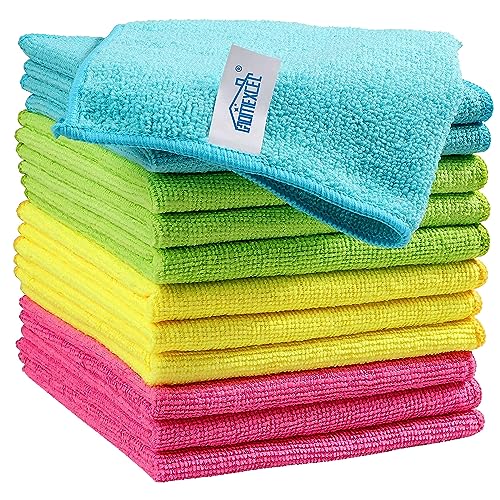
Microfiber is soft and very absorbent so it's great for cleaning around the home. When you wash it, skip fabric softener as it will coat the tiny fibers and reduce absorbency.
Precautions for using cinnamon oil
Cinnamon oil is a simple DIY cleaning solution you can use all around the home, however there are a few precautions to keep in mind:
- Always dilute it: Concentrated cinnamon oil can be potent and may irritate the skin or damage certain surfaces. Always dilute it with water or carrier oils before use.
- Spot-test surfaces: Before using cinnamon oil on delicate or porous surfaces like unsealed wood or natural stone, test it on a small, inconspicuous area to ensure it won’t cause discoloration or damage.
- Store properly: Keep the oil in a cool, dark place to preserve its potency and prevent oxidation.
Cinnamon oil is a simple yet powerful way to clean and refresh your home naturally. Next, learn how to clean your home without harming the planet.
Sign up to the Homes & Gardens newsletter
Design expertise in your inbox – from inspiring decorating ideas and beautiful celebrity homes to practical gardening advice and shopping round-ups.

Karina is a professional cleaner and operations manager at Spekless Cleaning, which provides residential and commercial cleaning and maid services in Washington.
She has over six years experience overseeing all operations and quality control at Spekless.
- Punteha van TerheydenHead of Solved
-
 Ina Garten's storage pantry is an insightful window into all of the best cookware used by the chef – and it's easy to recreate on your kitchen shelves from $48
Ina Garten's storage pantry is an insightful window into all of the best cookware used by the chef – and it's easy to recreate on your kitchen shelves from $48The beautiful dishware in The Barefoot Contessa's Hamptons pantry showcases the tools she uses most often to cook – this is exactly how you replicate it
By Sophie Edwards Published
-
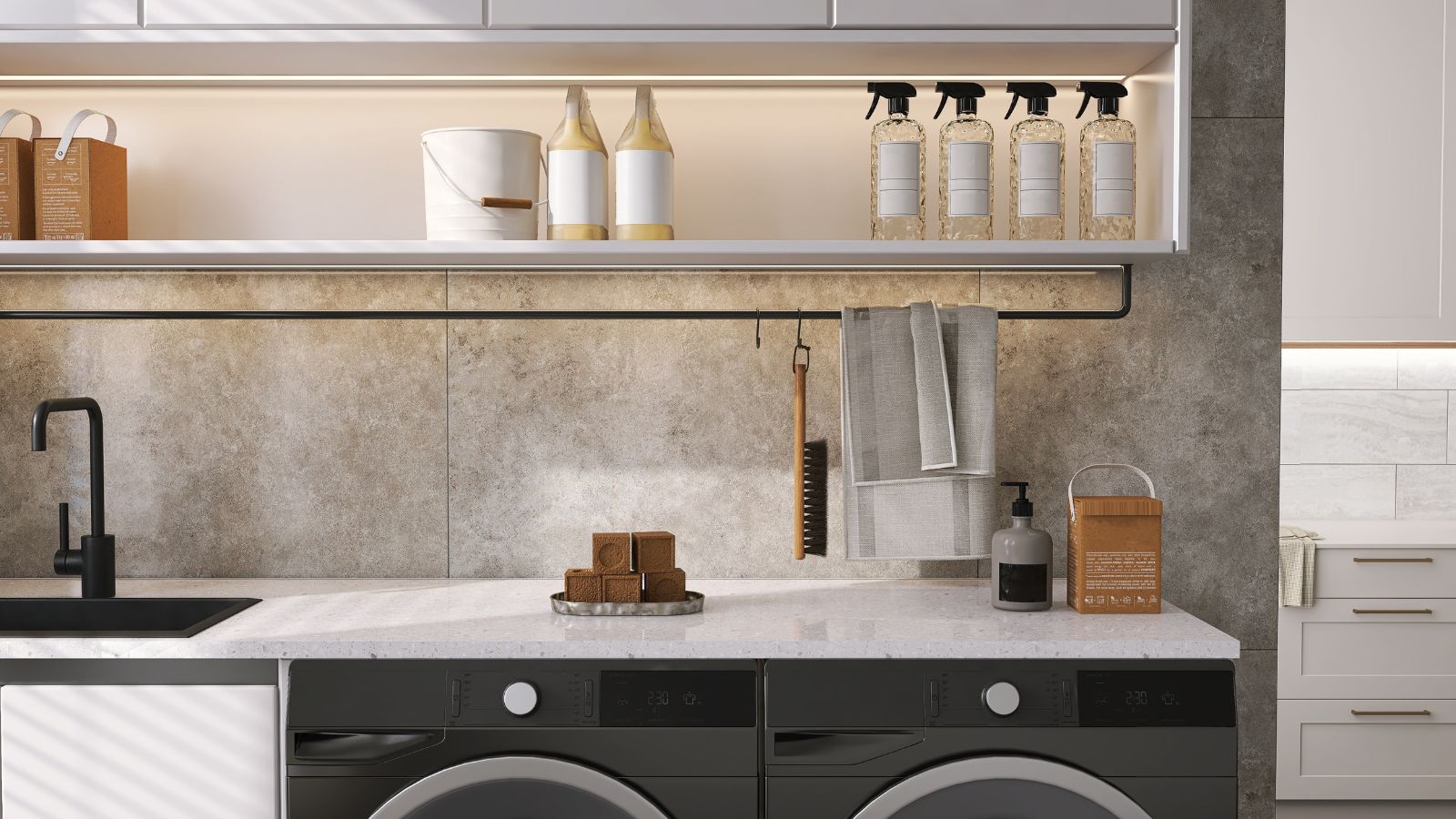 Extend the lifespan of your appliance with 5 simple but crucial washing machine maintenance tips
Extend the lifespan of your appliance with 5 simple but crucial washing machine maintenance tipsFrom cleaning the filters to keeping the door open, experts reveal the washer tips they swear by
By Andy van Terheyden Published
-
 5 surprising but brilliant ways to clean with old socks – from perfectly buffing stainless steel to deterring pests naturally and more
5 surprising but brilliant ways to clean with old socks – from perfectly buffing stainless steel to deterring pests naturally and moreTackle dust in tricky corners, clean your mirrors and even banish bad odors with those rogue single socks
By Andy van Terheyden Published
-
 5 things people with clean upholstery always do – simple, quick and oh-so-effective
5 things people with clean upholstery always do – simple, quick and oh-so-effectiveEnsure your furnishing looks clean year-round with these expert tips
By Seraphina Di Mizzurati Published
-
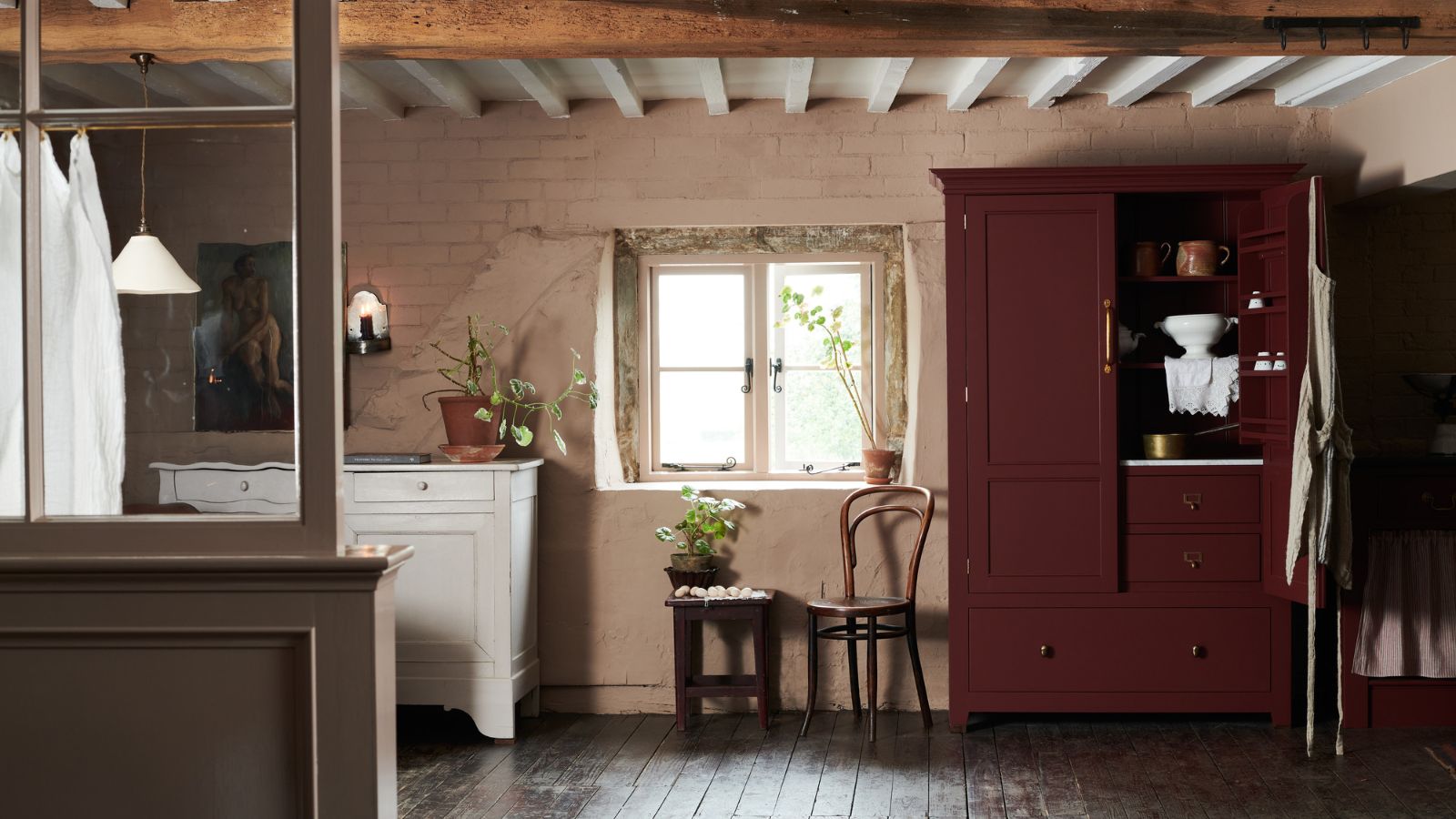 'Wick away the ick' – 6 things people with clean laundry rooms always do to make this hardworking space shine
'Wick away the ick' – 6 things people with clean laundry rooms always do to make this hardworking space shineThese tips on how to clean your laundry room will banish grime
By Seraphina Di Mizzurati Published
-
 How safe are carpet deodorizers? As a seasoned vacuum tester, I urge you to try alternative methods
How safe are carpet deodorizers? As a seasoned vacuum tester, I urge you to try alternative methodsNatural cleaning is always the answer
By Dan Fauzi Published
-
 'The world will not end' – 5 cleaning habits to quit for a happier, easier life, and what to do instead
'The world will not end' – 5 cleaning habits to quit for a happier, easier life, and what to do insteadGet your home sparkling, minus the stress
By Ciéra Cree Published
-
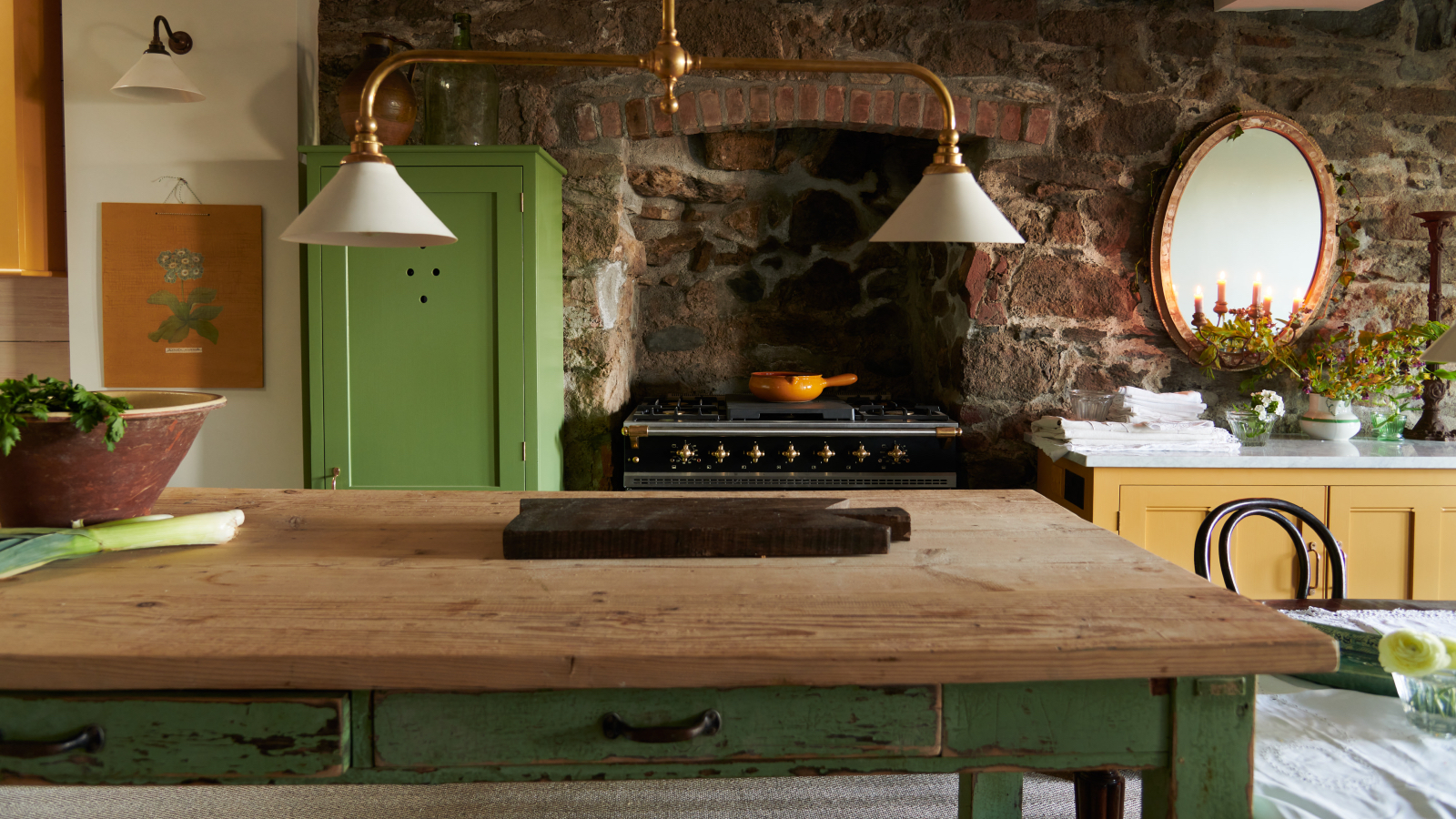 9 things you can clean with glycerin – this cheap and natural cleaner is perfect for indoor and outdoor use
9 things you can clean with glycerin – this cheap and natural cleaner is perfect for indoor and outdoor useFrom patio furniture to silverware, this hydrating and gentle cleaning agent will work miracles
By Ciéra Cree Published
-
 How to clean a terrazzo floor in 5 steps – expert tips to scrub, shine, and seal this sparkling floor finish
How to clean a terrazzo floor in 5 steps – expert tips to scrub, shine, and seal this sparkling floor finishAvoid damage and protect it's shine with these expert tricks
By Chiana Dickson Published
-
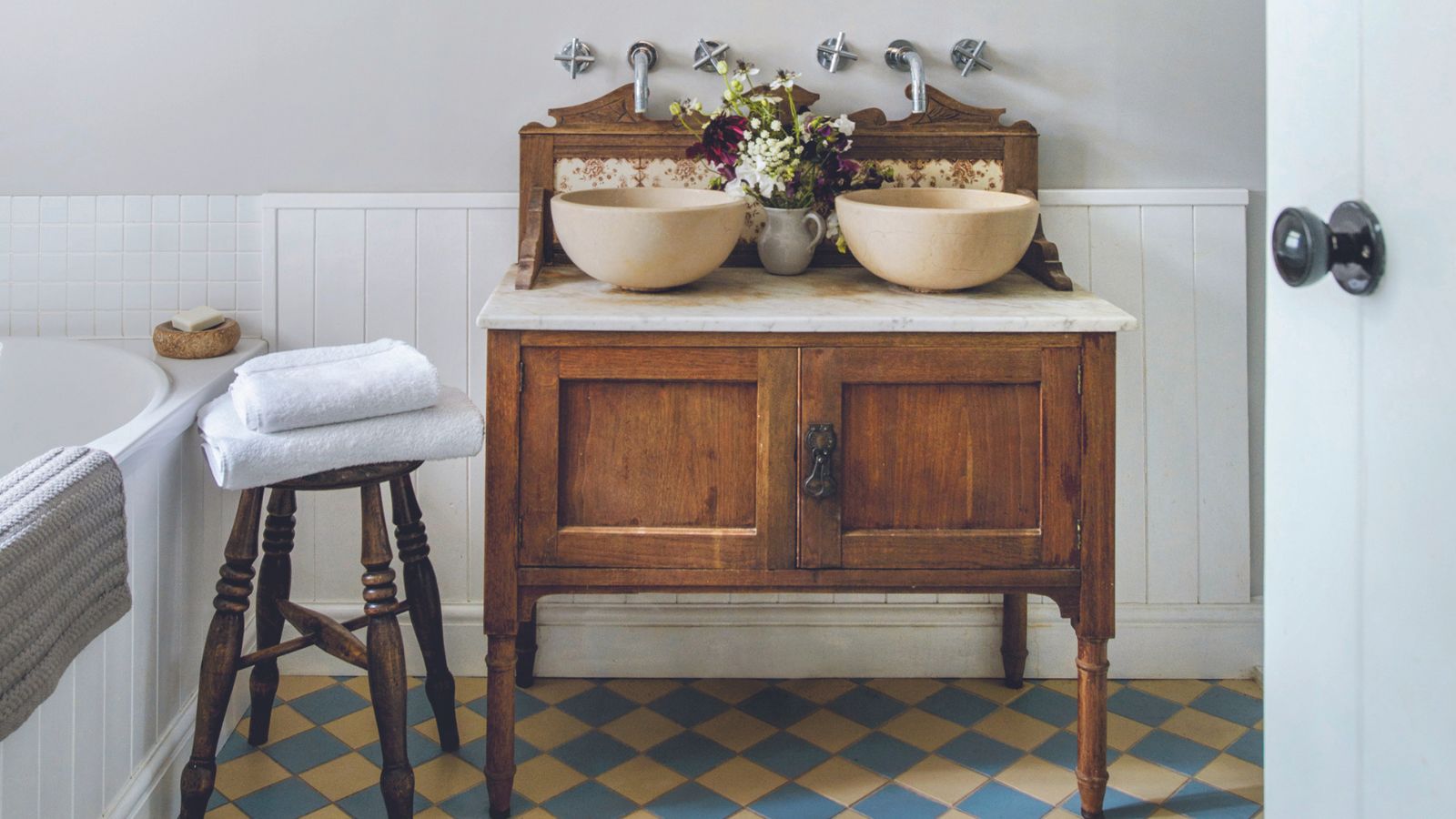 I'm 5ft2 and this telescopic scrubber safely and easily banished mold and grime in even the hardest-to-reach areas of my bathroom in less than 15 minutes
I'm 5ft2 and this telescopic scrubber safely and easily banished mold and grime in even the hardest-to-reach areas of my bathroom in less than 15 minutesMy bathroom has never looked better thanks to this handy $16 two-in-one tool from Joseph Joseph
By Ottilie Blackhall Published